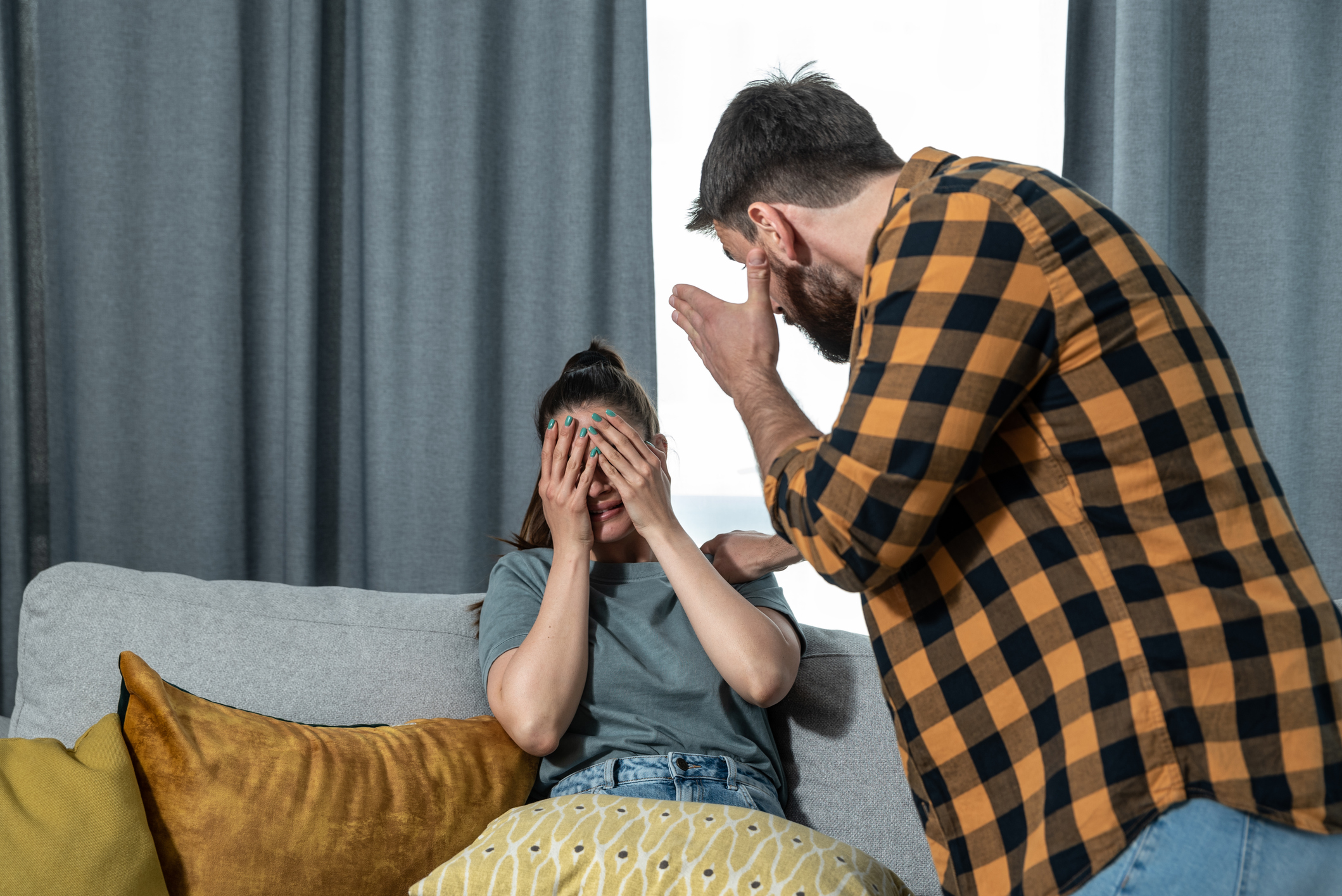What is the Effect of the Defendant’s Mental Health on Homicide Defense Strategies?
Mental health issues can play a significant role in homicide defense cases in Wisconsin, influencing both the actions of offenders and the legal strategies employed in their defense. While people with severe mental illness are more likely to be victims of violent crime than perpetrators, symptoms related to specific disorders, such as command hallucinations, may increase the risk of violent behaviors for some individuals. However, the intersection of mental health and criminal law is complex. Promptly seeking the counsel of a knowledgeable criminal defense attorney can be vital to ensuring the defendant’s rights are upheld, and their well-being is considered at all stages of the process.
What Mental Health Issues Can Affect an Individual’s Actions and Thoughts?
Mental health issues can impact the likelihood of someone committing homicide in varied ways. Still, it’s important to note that the vast majority of people with mental illnesses are not violent. However, severe mental health issues like schizophrenia, major depressive disorder, bipolar disorder, and post-traumatic stress disorder (PTSD) can sometimes impair an individual’s judgment, perception of reality, and emotional regulation, which might result in violent behavior. In rare cases, this violent behavior could tragically lead to a fatality that would not have occurred if the individual was not struggling with their mental health.
For instance, individuals with schizophrenia may experience delusions or hallucinations that compel them to act violently. Similarly, those suffering from severe depression or bipolar disorder might engage in impulsive or aggressive actions during manic or depressive episodes. PTSD, often resulting from severe trauma, can lead to hypervigilance and aggressive responses to perceived threats. The presence of other factors, in addition to a mental illness, such as childhood abuse, unemployment, substance abuse, and homelessness, may also contribute to the risk of an assault or homicide.
What Are Common Homicide Defense Strategies Related to Mental Health?
In Wisconsin, several defense strategies can be employed in homicide cases where the defendant’s mental health is a significant factor. One of the primary defenses is the insanity defense, outlined in Wisconsin Statute § 971.15. This defense argues that the defendant was unable to understand the nature of their actions or determine right from wrong due to a severe mental illness or defect at the time of the crime. If successful, this defense can result in a verdict of not guilty by reason of insanity, leading to the defendant being sent to a mental health facility for treatment rather than prison.
Another frequently utilized strategy is positing that the individual had diminished capacity at the time of the crime. This defense does not absolve the defendant of guilt but argues that their mental condition impaired their ability to form the specific intent required for a particular charge, potentially leading to a lesser charge or reduced sentence. Additionally, competency to stand trial is a crucial consideration for individuals suffering from a mental health disorder. If a defendant is found incompetent, they cannot be tried until they are deemed capable of understanding the proceedings and assisting in their defense.
What is the Role of a Defense Attorney In a Homicide Case?
The guidance of an experienced criminal defense lawyer can be vital in homicide cases involving mental health issues. Lawyers are well-versed in the intricacies of state law and can evaluate the situation to determine the best way to proceed with the case. They can gather and present compelling evidence and work with mental health professionals to build a robust defense. Obtaining a thorough psychiatric evaluation of the defendant to establish the presence and extent of any mental health issues is a crucial first step. This evaluation is critical for substantiating claims of insanity, diminished capacity, or incompetency.
A defense lawyer can skillfully present the necessary evidence in court. Juries may not be familiar with the effects of mental health issues on a person’s thought process. Defense attorneys often turn to expert testimony from psychiatrists or psychologists to help explain the defendant’s mental state and its impact on their actions. Defense lawyers also play a crucial role in negotiating with prosecutors, potentially securing plea deals that consider the defendant’s mental health or advocating for alternative sentencing options such as mental health treatment programs instead of incarceration.
What Challenges Exist in Mental Health-Related Homicide Defenses?
Defending a homicide case with mental health considerations is fraught with challenges. Fighting for compassionate and appropriate justice for the accused individual is essential. Sadly, public and judicial biases often conflate mental illness with dangerousness, making it difficult to secure a fair trial. Additionally, the stigma associated with mental health can influence jury perceptions, potentially leading to harsher judgments. Defense lawyers must work diligently to counter these biases by educating the court about the specific mental health issues involved and their impact on the defendant’s behavior.
Under Wisconsin law, establishing a successful insanity defense or diminished capacity claim requires a very high standard of proof. The defense must convincingly demonstrate that the defendant’s mental illness was severe enough to impair their judgment or understanding of their actions at the time of the crime. These cases often involve detailed and nuanced testimony from mental health experts, which may be complex and challenging to convey effectively to a jury. The legal proficiency and knowledge of a trial-tested criminal defense lawyer can prove crucial to obtaining the best possible resolution.
How Can Our Law Firm Assist You?
At Casper Mehlos Law Group, we deeply understand the complexities involved in homicide defense. We know a comprehensive defense strategy must consider not only the legal aspects but also the broader context of the defendant’s mental health history and treatment needs. This holistic approach can help humanize the defendant, presenting them as a person struggling with severe mental health issues rather than merely a criminal. Such a strategy can be persuasive in court, potentially leading to more compassionate and appropriate outcomes. To schedule a free, no-obligation consultation to discuss your legal options with our dedicated defense team, contact our Madison law office at 608-820-8926.

 (608) 820-8926
(608) 820-8926 Call Us Now
Call Us Now Email Us Now
Email Us Now


